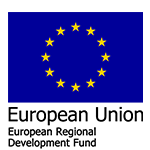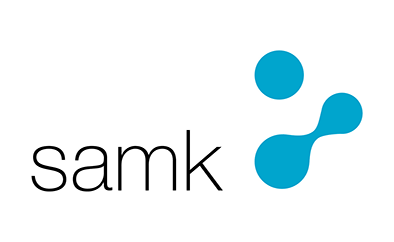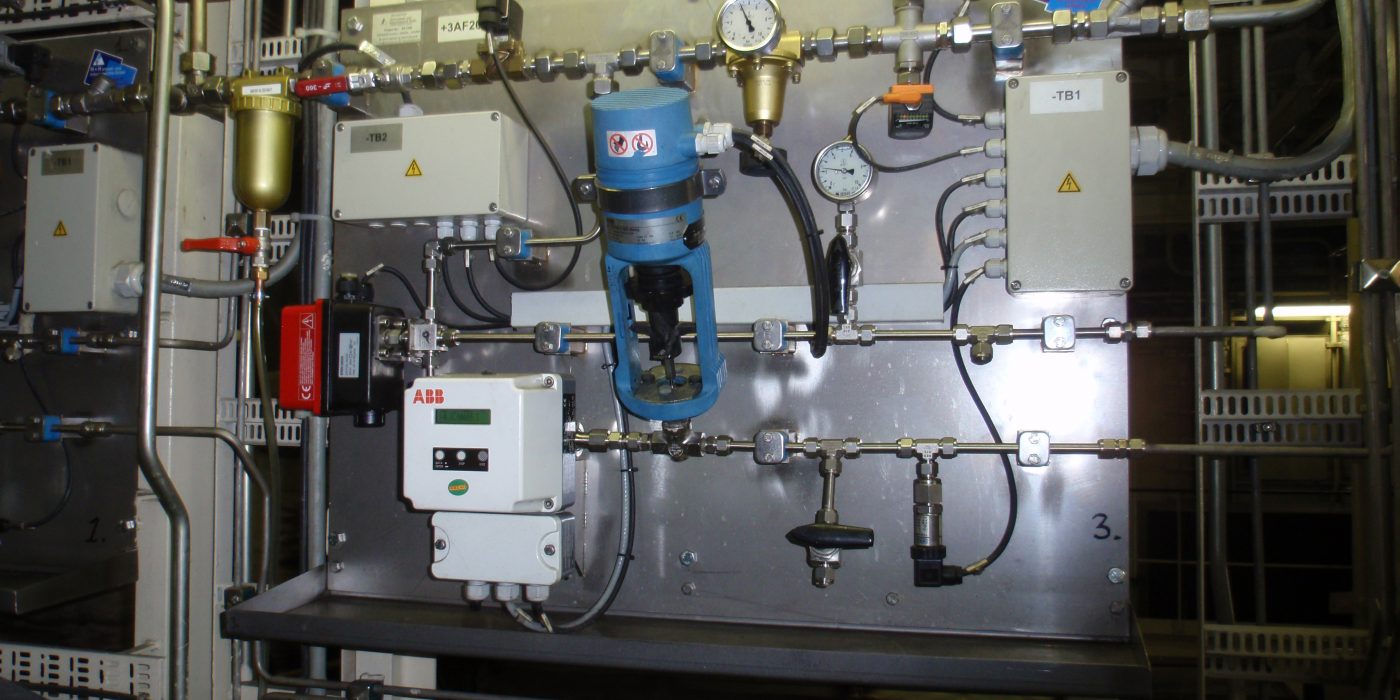

Ships travelling on the sea are ”closed cities”, so they are independent unities and vulnerable on safety aspects. In ships to be built there are tens digital systems both on deck and machine sectors. The systems are not pretested before installation, but on site with try/fail method. The issues in complementary in systems leads to safety risks to passengers, personnel and environment.
In near future, many large, new generation ships are built in Rauma Seaside Industry Park. A need to have independent pre-testing of digital systems has raised from companies from Satakunta. Pretesting minimizes the risk for safety and environment remarkably. In the preparation phase of the project, detailed analyses of needs have been made, based on co-operation with companies and on SAMK's vast experience within the theme.
In LaivaDigiLab, an independent digital laboratory for pre-testing in ship building processes is established to ensure complementary of digital systems and to ensure safety. Real shipbuilding processes are used as example cases.
The key target groups in the project are small and medium sized enterprises (shipyards with their subcontractors; technology companies and system providers to deck and machine systems, shipping companies, industrial parks). LaivaDigiLab combines the expertise of companies to SAMK expertise on maritime safety and energy efficiency.
Contact information
Hanna Kajander
Project manager
hanna.kajander@samk.fi
Project objectives
- mapping the current status of digital systems in ship building processes
- piloting pretesting of digital systems of LaivaDigiLab
- developing the expert group on pretesting of ship building processes in Satakunta, Finland
- developing the concept of pre-testing digital lab “LaivaDigiLab”




